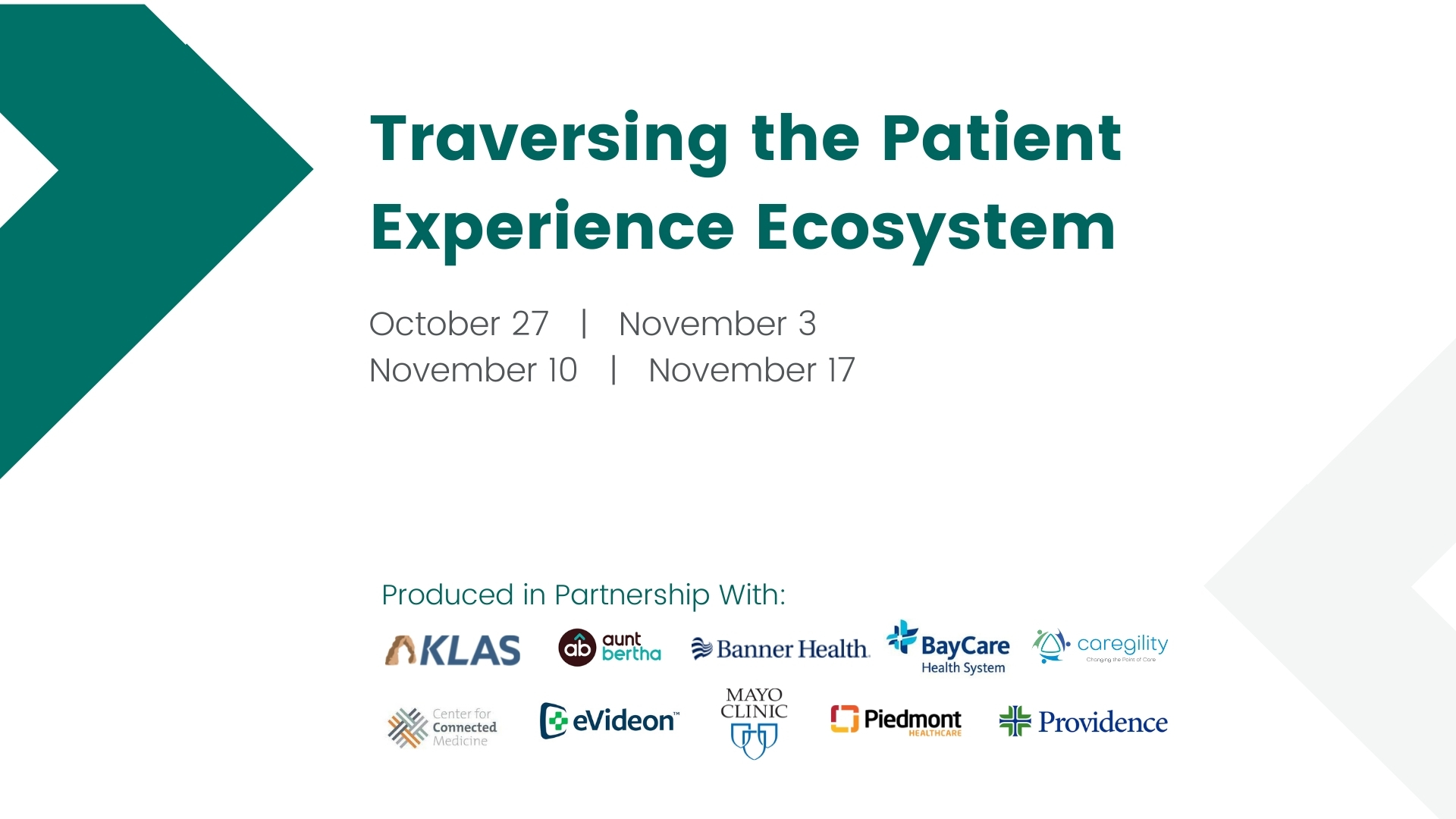LEAP award focuses on SDOH and referral management
.png)
Dell Medical School at The University of Texas at Austin will create a closed-loop referral system to integrate data.
The Office of the National Coordinator for Health IT has awarded the Dell Medical School at The University of Texas at Austin (Dell Med) a Leading Edge Acceleration Project in Health IT award to advance health equity by integrating social determinants of health data with clinical information.
The grant, announced in August, will enable Dell Med to develop an application programming interface-enabled SDOH platform using the HL7 Fast Healthcare Interoperability Resources (FHIR) standard to integrate a closed-loop referral system between clinical providers and social services organizations.
The initiative is important because it holds the promise of building an approach that can be used by other communities to develop similar closed-loop referral systems.
The platform will be connected to an electronic health records system and will facilitate the bidirectional identification of patients and exchange of information, creating a more complete record for the patient throughout the community. The platform will work with a variety of EHRs by connecting through health information exchanges,
The system will be used to manage social needs identified in clinical settings; enable data sharing between clinical providers and community-based organizations; integrate the SDOH data into clinical workflows; and provide patient access and consent by using a mobile platform. It is intended to be effective, efficient, and scalable without imposing additional burdens on providers.
Social determinants are often non-medical factors that affect health and quality-of-life risks and outcomes. They include food scarcity, economic stability, access to transportation, and quality of housing.
Creating national standards and APIs to exchange data among clinicians and community groups will improve the quality of care provided and take care of patients more holistically, according to Anjum Khurshid, MD, co-chief of health informatics, data science and epidemiology, director of data integration, and associate professor of population health at Dell Medical School at UT Austin, director of the LEAP project.
“Many community organizations are active in getting help to those in need yet they don’t have the system to get information back to providers. This model will be more patient-centered and community-oriented,” he said. “A patient with diabetes needs healthy foods [but may not have access]. He’s sent to a food bank. But did he get the help or not?” Khurshid asks. With a closed-loop referral system, the clinician will know the answer.
The initial target patient population will be patients being treated by federally qualified health centers and local mental health facilities in central Texas.
Dell Med will implement the project in three stages:
- Develop the closed-loop social services referral management system, so that clinical information is communicated to social services organizations; then, whatever action was taken comes back to the clinical provider.
- Demonstrate the feasibility of the platform by testing it, using the use cases developed by the Gravity Project, a program initiated in 2018 to create standards to document SDOH data in EHRs.
- Develop a toolkit so that the system, which will be non-proprietary, can be easily used by others.
“It’s not just a local project. It’s for national consumption. It’s part of the mission of our medical school [to work with the community on population health]. We’re fairly innovative in our approach, and hopefully, this will also help other communities who need to develop similar closed-loop referral systems,” he said.
Dell Med is already working with HIEs in El Paso and New Orleans to expand the reach of the project.
The first year of the two-year funding grant will be dedicated to developing the system. The second year will be focused on implementing the Gravity Project’s use cases and working with partner communities, said Khurshid.
“Health IT has made progress, but there’s more to be done. It’s high time we invest in these systems and population health. Fragmented services result in higher costs and lesser outcomes,” he said.
One component of the initiative not required by the grant, but which Dell Med intends to add, will enable patients to access the information shared between providers and social services organizations. This addition stems from Dell Med’s 2019 LEAP in Health IT grant to engage underserved patients via the use of mobile apps.
“The patient has to be part of the system, so patients need access to their information,” he said.
ONC has been awarding LEAP in Health IT awards since 2018 to advance the development and use of interoperable health IT by addressing identified challenges. Each year, ONC focuses on particular areas of need. Prior focus areas include using health IT to scale research and integrating clinical and case management.
The COVID-19 pandemic highlighted how social determinants affected access to care and the disparate way that the disease affected health outcomes in different populations.
In awarding the grant, ONC noted that simply adding SDOH data to EHRs was not sufficient; the data needed to be integrated into closed-loop referral systems to avoid gaps in care.
“There’s interest in SDOH in clinical practice because, from a population health perspective, health is influenced by things outside of the healthcare system. What we can’t see, we can’t use. We need that SDOH information to be connected to clinical information,” said Khurshid.
The latest version of the United States Core Data for Interoperability, Version 2, released in July, included for the first time specific data elements that could help advance the use of health IT to support health equity, including standard social determinants such as health concerns, goals, and interventions.
The Health Information Technology Advisory Committee, established by the 21st Century Cures Act to make recommendations to ONC regarding health IT, noted in its 2020 report to HHS and Congress that the capture and sharing of SDOH information between clinical providers and community benefit organizations needed to be improved.


